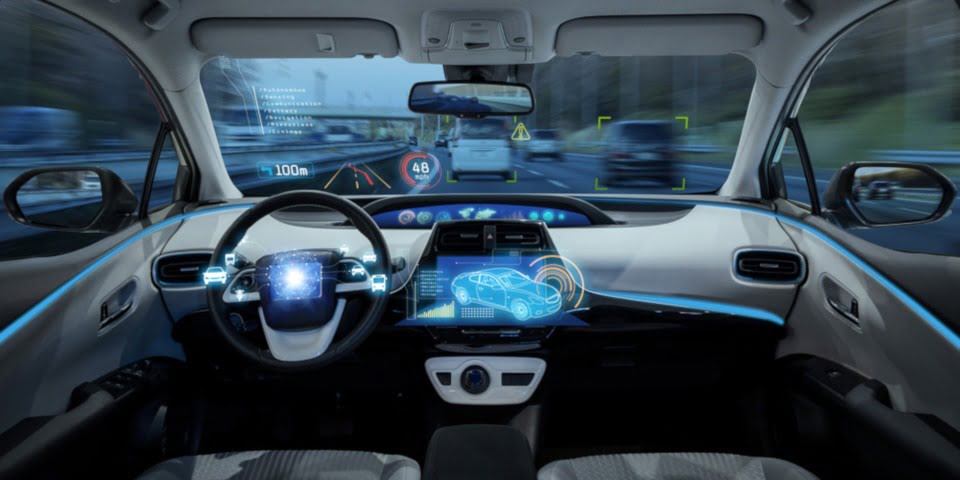GlobalData says autonomous vehicles will be the main source for all deliveries in the future, not just groceries.
The data and analytics company made the prediction after examining the case study of Kroger, an American supermarket chain.
Kroger, in partnership with self-driving-car start-up Nuro, began a trial of autonomous grocery delivery service in August. The trial took place at a single Fry’s Food Store in Scottsdale, Arizona, US.
The supermarket’s aim was to save time and create convenience for consumers, despite the high upfront investment.
Driverless vehicles
The pilot began with Nuro using its self-driving Toyota Prius fleet. But this autumn, the company will introduce its custom R1 driverless vehicle.
Customers can place delivery orders through the store’s website or the Fry’s Food Stores mobile app. The driverless vehicle will then deliver the groceries directly to the consumer.
All the consumer has to do is go to the parked vehicle, enter a code and take out the groceries.
Since this service is still in trial, the companies haven’t finalised the format, so it may change after its launch.
Supermarkets will benefit
Consumer Analyst at GlobalData Ryan Choi said: “This is an innovative take on food delivery. But the autonomous factor is unlikely to have any major effect on how consumers do their online grocery shopping.
“The majority of the benefits will be reaped by the supermarket chains instead. The use of autonomous vehicles allows grocery retailers to save on hiring and paying drivers. And it provides them with an opportunity to increase the number of possible deliveries.”
Despite initial obstacles, such as the high costs of investment and insurance, Mr Choi sees the trend as unstoppable.
“Despite these drawbacks, it’s likely that in the future autonomous vehicles will be the main source for all deliveries, and not just grocery food,” he said.
“The drawbacks mentioned will become less problematic over time. The continuous development of this technology will eventually convince the public to accept it, as well as reduce the risks involved.
“Over the next decade, it will not be surprising to see fleets of autonomous vehicles delivering consumer goods to everyone’s doorsteps.”



